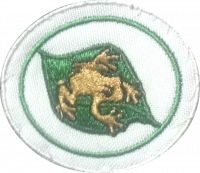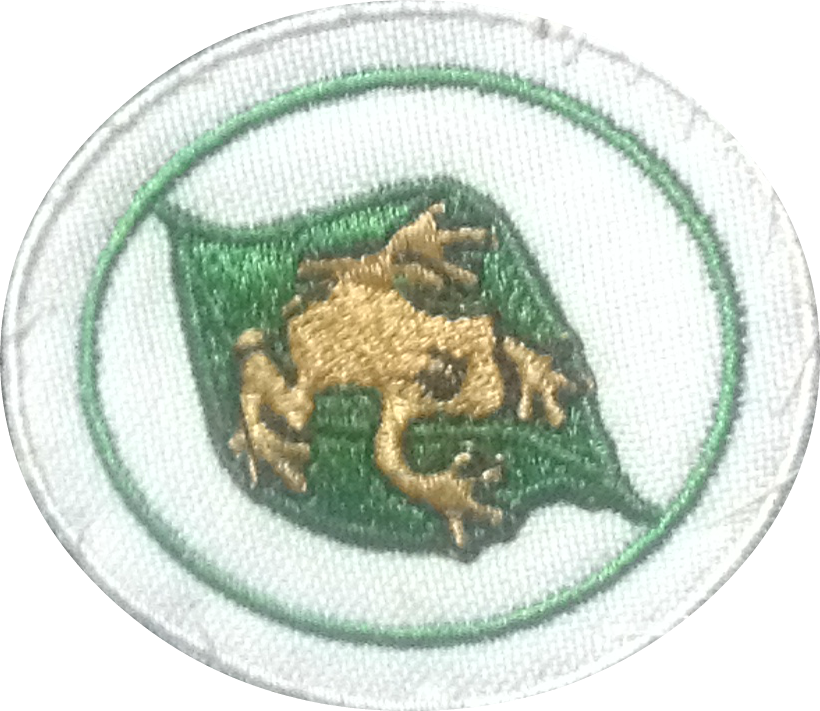Difference between revisions of "AY Honors/Coquí/Requirements"
m |
m |
||
| (One intermediate revision by the same user not shown) | |||
| Line 1: | Line 1: | ||
{{HonorSubpage}} | {{HonorSubpage}} | ||
| − | <section begin=Body /> | + | <section begin=Body /> |
<b>1. <section begin=req1 /><noinclude><translate><!--T:1--> | <b>1. <section begin=req1 /><noinclude><translate><!--T:1--> | ||
| Line 93: | Line 93: | ||
<section end=challenge /> | <section end=challenge /> | ||
<section end=Body /> | <section end=Body /> | ||
| − | |||
| − | |||
| − | |||
| − | |||
| − | |||
| − | |||
Latest revision as of 19:39, 1 January 2023
1. To what class does the coquí belong?
2. This class is divided into three orders, Apoda, Caudata, and Anura. The coquí belongs to the Anura order. What other members belong to this order?
3. What member of this class is mentioned in the Bible?
4. Give the general traits of this class.
5. What characteristics distinguish the coquí from the rest of the amphibians?
6. Why is it called the coquí?
7. What other sound, song, or call, besides "coquí", does the coquí make?
8. What is the purpose of the song of the coquí?
9. What is the genus of the species of the Puerto Rican coquí? Give the name of five species and show slides or pictures of them.
10. In what other countries, outside of Puerto Rico, is the coquí found?
11. Which coquí:
- a. is the largest?
- b. is the smallest?
- c. sings "coquí?"
- d. has a song similar to the sound of a water drop?
- e. has a song similar to the sound of winding a watch or passing fingernails through the teeth of a comb?
- f. has a color considered black or dark marble?
- g. has the highest frequency of vocalization?
12. In what part of the world is the coquí considered a plague and how did it arrive there?
13. What is the name of an extinct coquí?
14. Why should the Puerto Rican coquí be protected?
15. What can be done to conserve the coquí?



